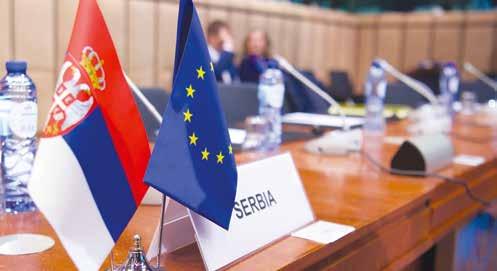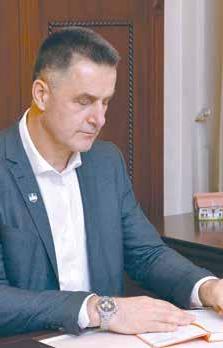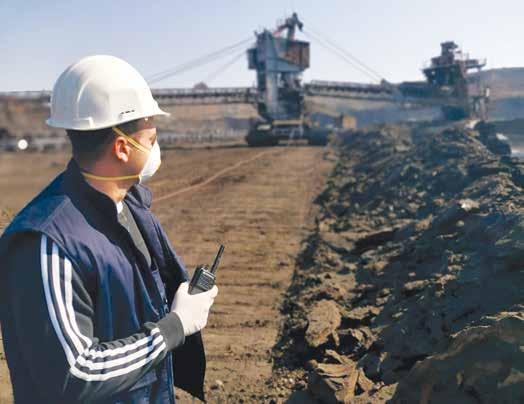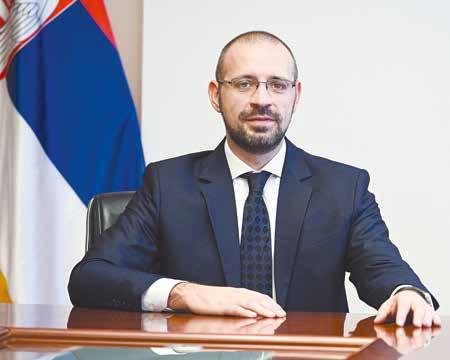INTERVIEW
STEPHEN NDEGWA, WORLD BANK COUNTRY MANAGER FOR SERBIA
Ready For A Fresh Restart
Serbia’s robust response to the health pandemic has shown good results and enabled it to be among the first economies in Europe to re-open. We are now looking forward to Serbia’s return to focusing on the medium-term agenda, where the Bank’s strengths – technical advice based on global knowledge and targeted and prudent financing – can support Serbia’s speedy recovery and accelerated growth
P
rior to the outbreak of Covid-19, the World Bank had announced its plans to allocate $340 million in loans to Serbia in 2020 in order to help the country improve its business environment, infrastructure and mining. We spoke with Stephen Ndegwa, World Bank Country Manager for Serbia, about the impact of Covid-19 on Serbia and the new priorities of the World Bank in this context.
• How did unfolding events impact on your plans, if at all? - We adjusted our activities to support the emergency response to the COVID-19 pandemic and its socio-economic impact, while our strategy in support of Serbia’s medium-term agenda to accelerate growth and improving livelihoods,
14
July
including the interventions you mention, remains valid. Besides the 92 million euro COVID-19 health emergency project approved on 26th May, the Bank advanced 20.8 million euros from Serbia’s Catastrophe-related budget support programme (CAT-DDO). Moreover, restructuring three of our existing projects will provide Serbia with an additional 26.5 million euros to respond to urgent needs. This means that nearly 140 million euros was made available to the government to help finance its response to, and recovery from, the COVID-19 crisis. With the re-opening, we are discussing an acceleration of certain planned projects, including in support of macroeconomic stability, jobs- and material-intensive infrastructure rehabilitation/development, and more spirited
action to build resilience, including in health systems, and climate action. We see these as necessary adjustments, but also as a bridge to the medium-term reform agenda, for example, as outlined in the World Bank’s report: New Growth Agenda, which remains an imperative in order for Serbia to prosper. • Considering the current developments in the Serbian economy, where do you see the role of the World Bank in helping the country to address challenges? - Serbia’s resolute response to the health pandemic has shown good results and enabled it to be among the first economies in Europe to re-open. Now that the worst of the first wave of the pandemic is behind Serbia, we look to












